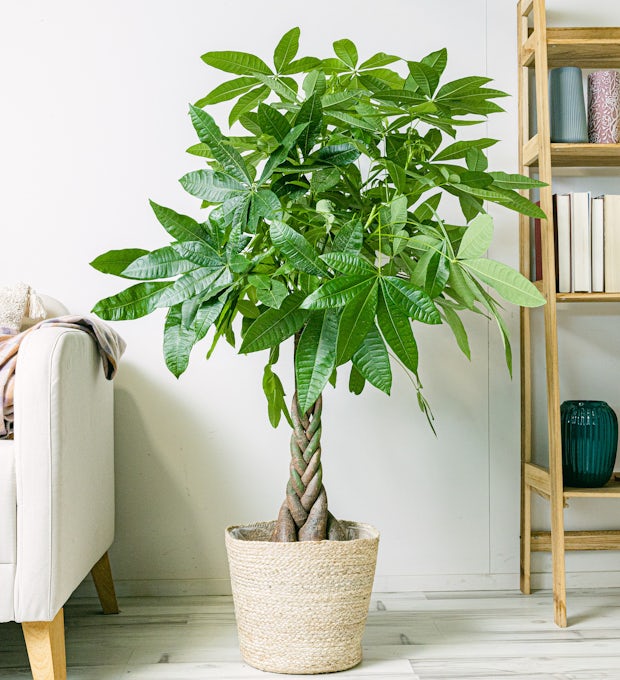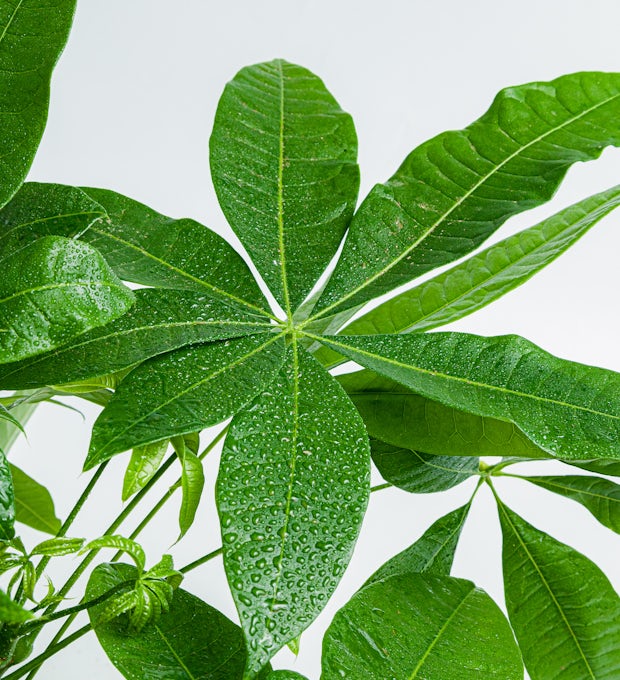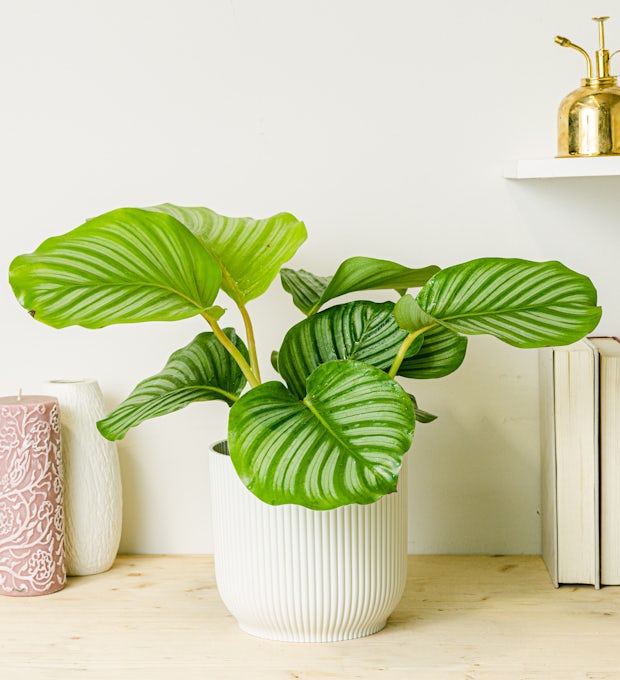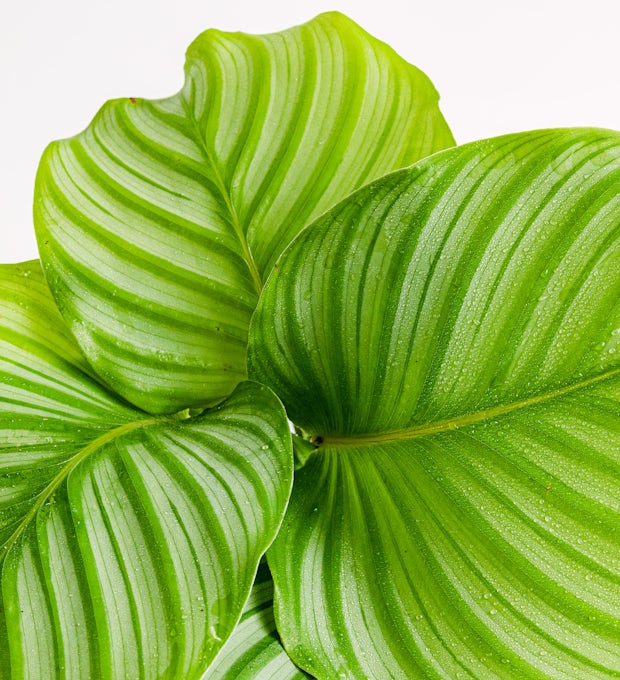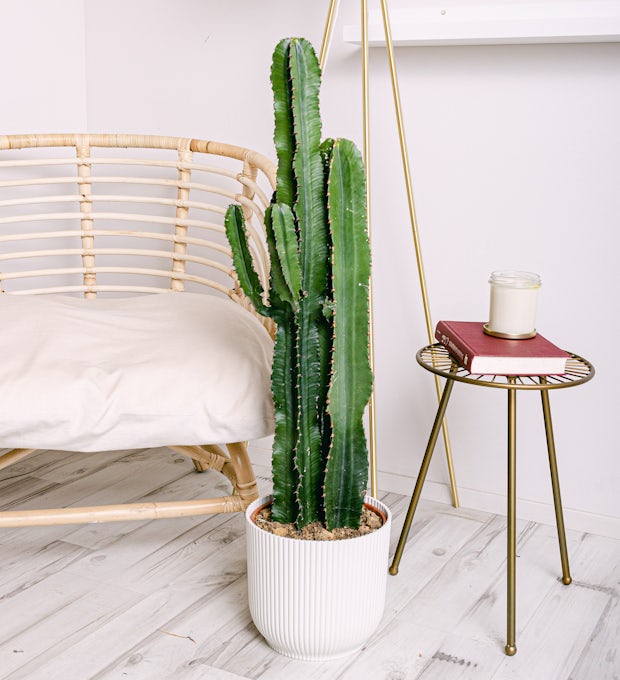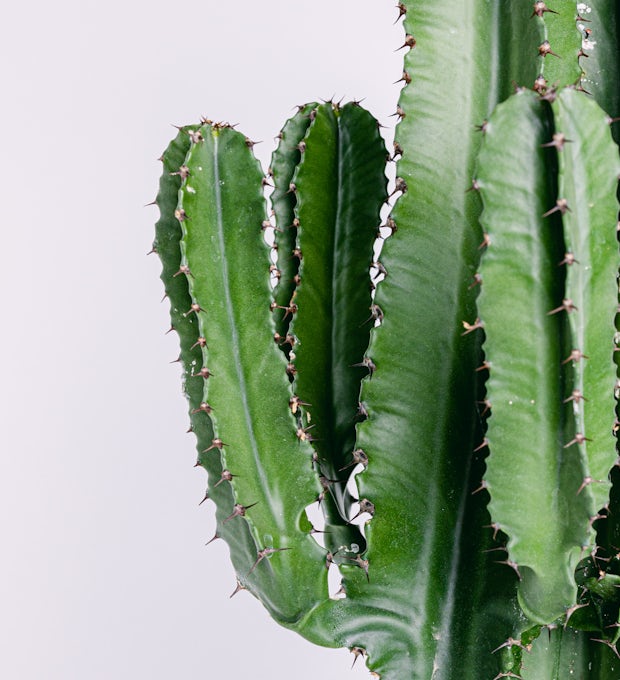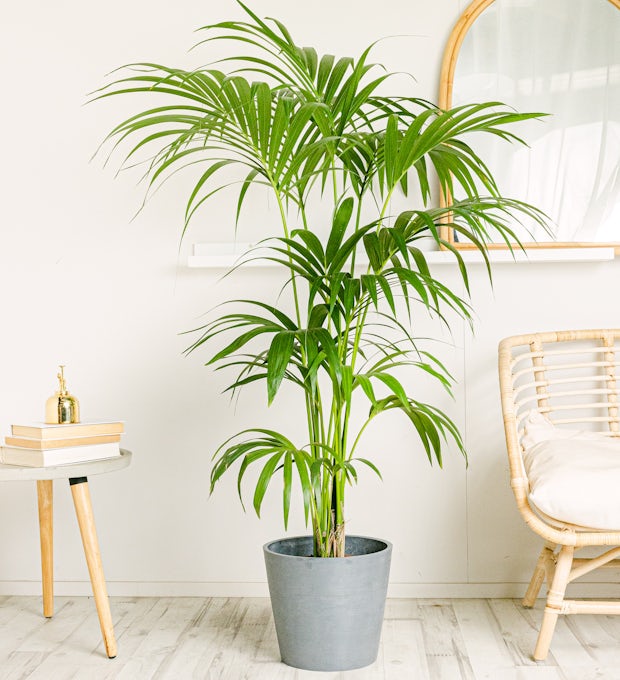Are you worried about winter affecting the health of your houseplants? Don't worry, we've got the ultimate guide to help you survive the winter by properly caring for your houseplants! In this article, you'll find practical and simple tips for preparing your plants for the cold, watering and fertilizing them properly, maintaining the right light and temperature, avoiding pests and diseases, knowing the ideal varieties for winter, and how to manage air conditioning and heating. Read on to learn everything you need to know to keep your plants healthy and happy during the colder months of the year.
How to Winterize Your Houseplants
Winterizing your houseplants is essential to ensure their survival during this season. To do this, it is important to follow some practical and simple tips. First, it's a good idea to move your plants to a place where they will receive the right amount of sunlight. If this is not possible, artificial lighting can be used to meet this need. In addition, it is important to control the temperature of the rooms, avoiding sudden changes that can affect the plants. Another key aspect is to regulate watering, reducing the amount of water provided to them, since in winter the plants need less water due to less evaporation. It is also advisable to fertilize them less frequently, as their growth slows down at this time of year. Finally, it's important to check your plants regularly for potential pests or diseases and act quickly to prevent their spread. By following these practical and simple tips, you will be able to properly prepare your houseplants for winter and ensure that they are in good condition throughout the season.
Tips for Watering and Fertilizing Your Plants During the Winter
During the winter, watering and fertilizing your houseplants can be a challenge, as they need less water and nutrients compared to other seasons of the year. To avoid problems such as excess moisture or lack of nutrients, it is important to follow some practical tips. First of all, it is essential to reduce the amount of water that is provided to plants. This is because the cold, dry winter air can make it difficult for the roots to absorb water. In addition, excess humidity can promote the growth of fungi and bacteria that are harmful to plants. Therefore, it is recommended to water only when necessary and always check the soil moisture before doing so.
When it comes to fertilizing, it's important to remember that plants need fewer nutrients during the winter due to their slower growth. However, it is not advisable to stop fertilizing completely. Instead, you can reduce the frequency and amount of fertilizer used. A good option is to use a Liquid Fertilizer diluted by half or once a month. It's also important to choose a specific fertilizer for houseplants and always follow the manufacturer's instructions.
By following these practical tips, you'll be able to properly water and fertilize your houseplants during the winter without compromising their health or growth. Remember to always be attentive to the specific needs of each plant and adjust care accordingly.
We ship plants to all locations, you can see more options here.
The Importance of light and temperature for Your Houseplants in Winter
Light and temperature are two fundamental factors in the care of your houseplants during the winter. At this time of year, the days are shorter and the intensity of sunlight decreases, which can directly affect plant growth. For this reason, it's important to place your plants in places where they will receive enough natural light or use artificial lights to supplement the lack of light. Also, it's important to avoid placing them near cold windows or drafts to prevent them from getting too cold.
When it comes to temperature, each type of plant has its own needs, so it's important to research what temperature is right for each. In general, it is recommended to keep a constant temperature between 18 and 21 degrees Celsius during the day and a little lower at night. It is important to avoid sudden changes in temperature and maintain a stable environment to avoid stress on the plants.
Another important factor is to maintain adequate humidity in the environment where the plants are located. During the winter, heating can dry out the air, which can negatively affect plants. To avoid this, it is recommended to spray water on the leaves and keep a container of water near the plants to increase humidity.
In short, light, temperature, and humidity are important factors to consider when caring for your houseplants during the winter. By paying attention to these details, you can ensure that your plants survive this time of year and still look healthy and beautiful.
We ship plants to all locations, you can see more options here.
How to Avoid pests and diseases on Your Houseplants During the Winter
To avoid pests and diseases on your houseplants during the winter, it's important to pay attention to a few key aspects. First of all, it is essential to maintain good hygiene in the plants and their environment, removing dead or diseased leaves and branches and avoiding excess moisture in the substrate. In addition, it is advisable to regularly check the plants for possible pests or signs of disease, such as spots, discolorations or deformations on the leaves. If any anomaly is detected, it is advisable to act quickly to prevent it from spreading. To do this, there are various natural and chemical products that can be effective, although it is always advisable to be well informed about their use and apply them with caution. On the other hand, maintaining a proper temperature and good ventilation will also help prevent the appearance of pests and diseases in indoor plants. Finally, it is worth remembering that each species has its own specific needs and requirements, so it is important to inform yourself about them and provide them with the right care to avoid health problems. By following these practical tips, you will be able to enjoy your houseplants throughout the winter without worry.
Ideal indoor plants for Winter: Varieties and Care
If you're a houseplant lover, winter can be a challenge. Some varieties do not withstand low temperatures and lack of sunlight. But don't worry, there are plenty of options ideal for winter. One of the most popular plants is sansevieria, also known as mother-in-law's tongue. This plant is hardy and can survive in low-light conditions and with sporadic watering. Another option is ivy, which can grow in hanging pots and requires little light and watering. Succulents are another great option, as they don't need a lot of watering and can withstand cool temperatures. If you're looking for a flowering plant, cyclamen is a good choice. It is easy to care for and produces flowers throughout the winter.
To properly care for your houseplants during the winter, it's important to keep them away from cold drafts and make sure they're getting enough natural or artificial light. It's also a good idea to reduce the amount of water you give them, as plants need less water during the colder months. Make sure the soil is dry before watering them again. In addition, it is important to monitor the occurrence of pests and diseases and treat them as soon as possible to prevent them from spreading to other plants.
In short, if you want to enjoy your houseplants during the winter, you should choose hardy varieties that are adapted to winter conditions. With proper care, your plants can survive and thrive during the colder months of the year.
The Role of Air Conditioning and Heating in Caring for Your Houseplants in Winter
Air conditioning and heating play an important role in caring for your houseplants during the winter. These HVAC systems can directly affect the environmental conditions your plants are in, so it's essential to consider their influence.
First of all, you need to avoid placing your plants near hot or cold air vents, as this can cause sudden changes in temperature that can be harmful to them. It is preferable to place them in areas where they are not directly exposed to drafts from air conditioning or heating.
On the other hand, it is important to control the humidity of the environment generated by these systems. Both air conditioning and heating tend to dry out the air, which can negatively affect your plants. To counteract this, you can use humidifiers or place containers of water near your plants to increase the ambient humidity.
In addition, it is advisable to adjust the temperature of the air conditioning systems according to the needs of your plants. Some houseplant varieties require lower or higher temperatures to survive through the winter. It is important to research the specific needs of each species and adjust the temperature accordingly.
In short, air conditioning and heating can affect the care of your houseplants in winter. Avoid placing them near air vents, control the ambient humidity and adjust the temperature according to the needs of each plant. This way, you can keep your plants healthy and protected during the colder months of the year.
Practical Tips for Surviving the Winter Successfully by Caring for Your Houseplants
To survive the winter by properly caring for your houseplants, it's important to follow some practical tips. First of all, make sure to water your plants properly during this season. Avoid overwatering, as it takes longer for the soil to dry out in winter and this can lead to the development of fungus and diseases. In addition, it is advisable to reduce the frequency of watering, but without letting the roots dry out completely.
Another crucial aspect is to maintain a balance in temperature and light. Be sure to place your plants in places where they will receive enough natural light, but avoid direct exposure to cold drafts or excessive heating. If necessary, use curtains or blinds to regulate the intensity of sunlight.
You should also pay attention to possible pests and diseases that can affect your plants during the winter. Regularly inspect the leaves and stems for signs of insects or disease. If you spot any pests, you can use home remedies such as soapy water or consult with a gardening expert for specific and safe products.
Finally, consider the role of air conditioning and heating in caring for your plants. Avoid placing them near fans or radiators that generate sudden changes in temperature.
By following these practical tips, you will be able to survive the winter by taking proper care of your houseplants and enjoy their beauty all season long. Remember that each plant has specific needs, so it's important to research the strains you have at home and tailor care to your individual requirements.
In short, taking proper care of your houseplants during the winter is critical to maintaining their health and beauty. Preparing them correctly, watering and fertilizing sparingly, controlling light and temperature, avoiding pests and diseases, choosing the right varieties, and considering the role of air conditioning and heating are all key aspects of surviving the winter successfully. By following these practical tips, you can enjoy your houseplants all year round, even in the colder months. Remember that every plant is unique and requires specific care, so don't hesitate to do more research on your plants' needs to ensure you give them the best care possible. Experiment and discover new ways to care for your houseplants in winter!
